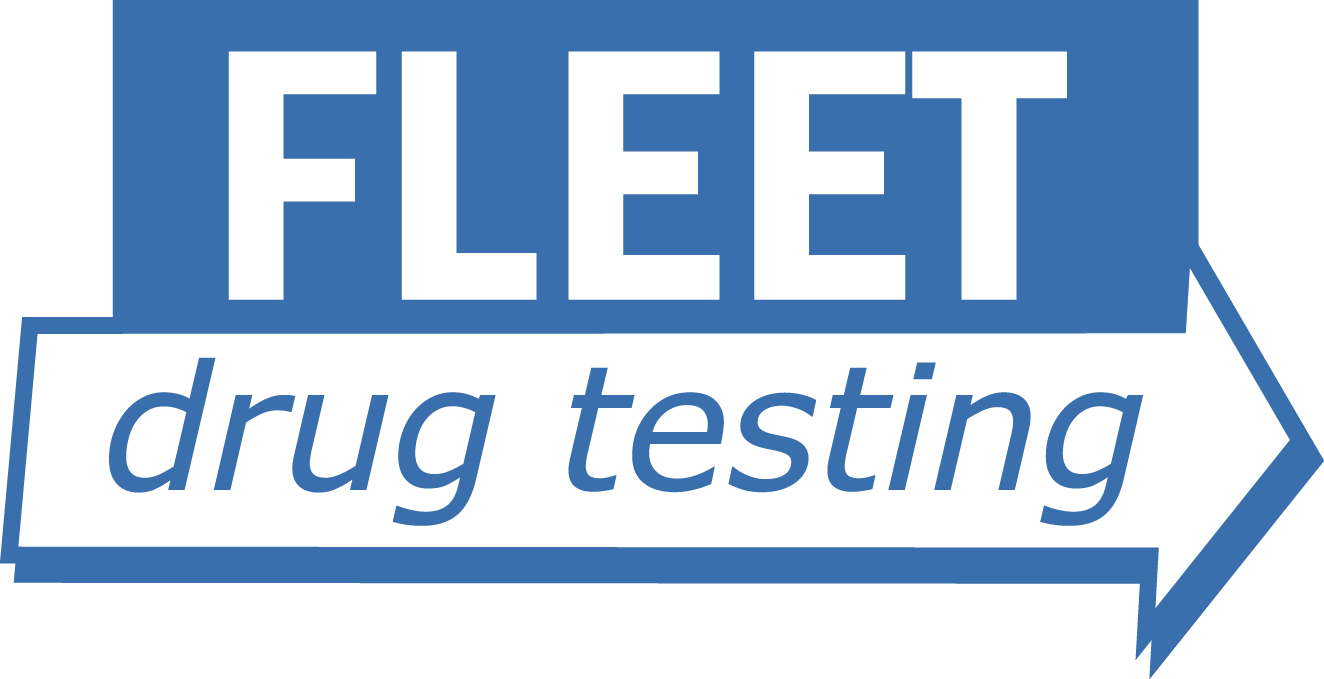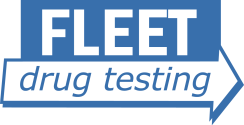Fleet FMCSA Drug Testing
Simple. Safe.
DOT-Compliant
DOT-Compliant Drug & Alcohol Testing, Consortium and Clearinghouse:
DOT Drug Testing Locations in Nevada Near You
Your One-Stop Solution for:
ENROLL in our DOT FMCSA testing program to assure compliance.
No matter where you are, there’s a testing location nearby ready to serve you.

DOT Compliant Drug and Alcohol Testing Services for CDL Drivers
Whether you’ve just obtained your CDL license or are an employer with new drivers, you must comply with DOT/FMCSA Drug and Alcohol Testing rules and regulations
Owner-operators or “for hire” CDL license holders are required to undergo testing through a Third-Party Administrator (C/TPA) such as Fleet Drug Testing before driving a commercial vehicle. They are not permitted to manage testing themselves.
At Fleet Drug Testing we manage everything for you. Simply enroll into our FMCSA drug & alcohol testing consortium and we will ensure your DOT testing requirements are fulfilled in a cost-effective manner.

FMCSA Drug Testing Requirements for Owner-Operator ("For Hire") CDL Drivers
If you’ve just obtained your CDL license and intend to work as a “for hire” driver, you must undergo pre-employment testing before operating a commercial vehicle.
FMCSA regulations also require you to enroll in a drug and alcohol testing consortium and participate in its random testing pool.
Meeting these requirements is as simple as joining our testing program. We offer enrollment into a consortium which simplifies the compliance process by providing pre-employment testing, random testing and more. This ensures that all FMCSA testing requirements are met in a cost-effective and efficient manner.

FMCSA Drug Testing Requirements for Employers
As per the FMCSA, CDL employers are required to implement a drug and alcohol testing program for their drivers. This includes conducting pre-employment, random, post-accident, reasonable suspicion, return-to-duty, and follow-up testing.
Employers are also required to provide educational materials and training on drug and alcohol misuse for drivers. Records of the testing program must be maintained and made available to the FMCSA upon request.
We offer comprehensive services to help trucking and other CDL employers fulfill these FMCSA requirements. From random testing selection, sample collection, testing, record keeping, and reporting we ensure compliance in a cost-effective and efficient manner.
Enroll Now. DOT Compliant Drug & Alcohol Testing Consortium Prices
DOT COMPLIANT
ENROLLMENT-
Certificate of Enrollment
-
Online Access to Your Account
-
Medical Review
-
Nationwide Collection Sites
Additional Drivers ($10 each)
Pre-Employment Drug Testing ($60 each)
DOT COMPLIANT
ENROLLMENT & TESTING-
Certificate of Enrollment
-
Online Access to Your Account
-
Medical Review
-
Nationwide Collection Sites
-
Pre-Employment Drug Test
-
Random Drug Testing
Add Additional Drivers ($100 each)
ONLINE
SUPERVISOR TRAINING-
Supervisor Role Training
-
Alcohol & Drug Test Training
-
Training Certificate
Questions? Give us a call at (888) 709-5029, M-F 8am to 5pm (PDT)
We Provide and Manage All Federally Mandated Testing Requirements:

Pre-Employment Drug Testing
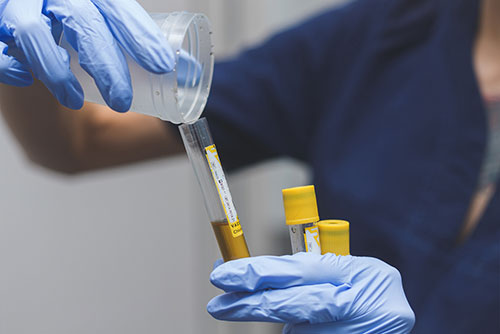
Random Drug and Alcohol Testing
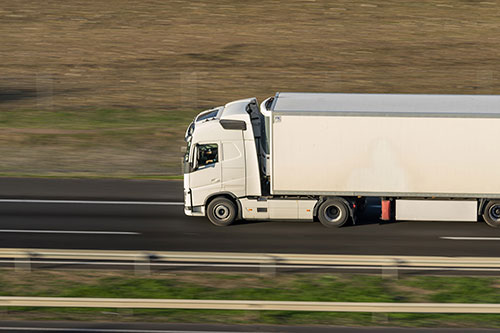
Post-accident Drug and Alcohol Testing
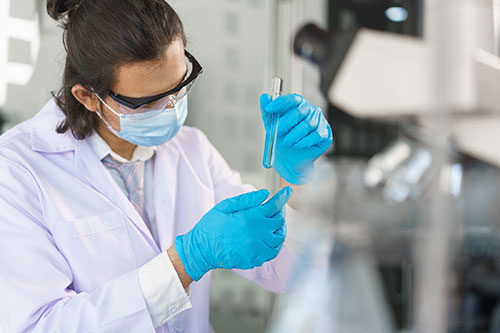
Reasonable Suspicion Drug and Alcohol Testing

Return-to-Duty Drug and Alcohol Testing
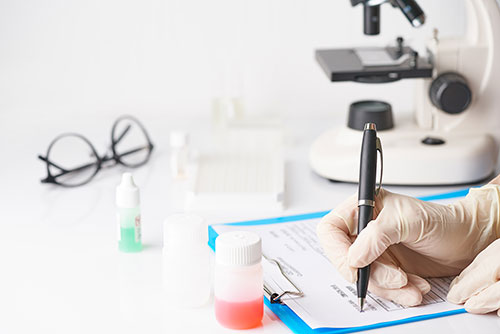
Follow-up Drug and Alcohol Testing
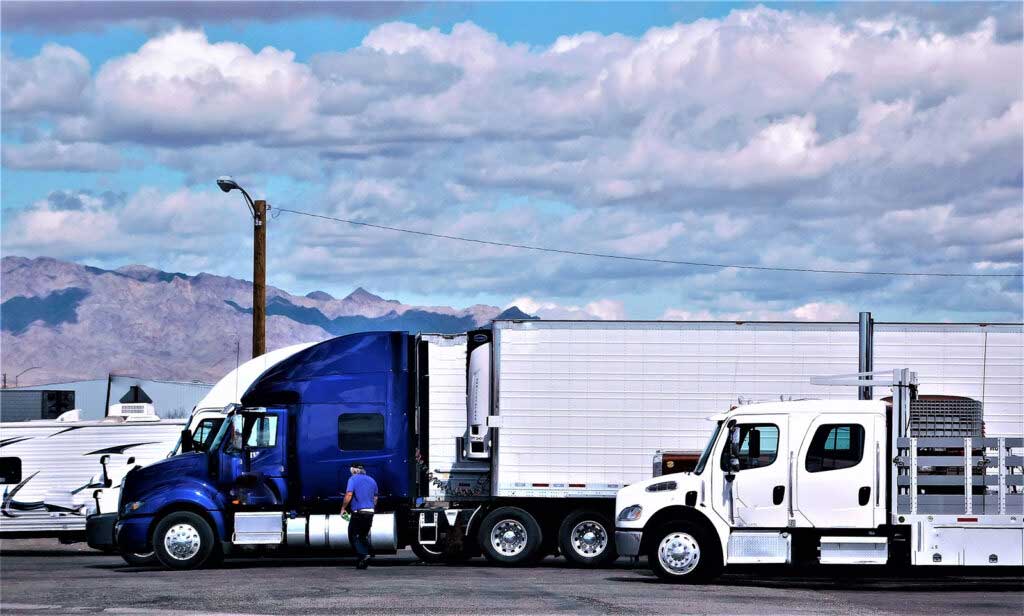
Stay Compliant the Easy Way
As any trucking company, commercial driving company or owner-operator is subject to DOT regulations, participating in our DOT drug & alcohol testing consortium can provide you with several benefits, such as:
- Simplify the drug testing process – Our drug testing consortium can handle all aspects of the drug testing process, including specimen collection, laboratory testing, and result reporting. This can simplify the process for owner-operators and ensure compliance with DOT regulations.
- Reduce costs – By pooling resources with other companies and owner-operators, consortium members can benefit from reduced drug testing costs. Our consortium can also negotiate lower rates with testing facilities and pass those savings on to our members.
- Ensure compliance – Probably the biggest benefit to our drug testing consortium is that it can help ensure compliance with all DOT drug and alcohol testing regulations. This can include providing guidance on testing frequency, ensuring proper specimen collection procedures, and maintaining accurate records. All of these are vital for single-vehicle owner-operators.
- Provide expert support – The staff of our drug & alcohol testing consortium can provide expert support and guidance on all aspects of the drug testing process. This can include answering questions about testing requirements, providing training on drug and alcohol testing procedures, and helping owner-operators navigate any compliance issues.
- Increase accountability – Our consortium members are held accountable for complying with DOT drug and alcohol testing regulations. This can help ensure a level playing field for all owner-operators and reduce the risk of non-compliance.
Get DOT Compliance Drug Testing
Fill out this form and a member of our team will reach out shortly.
"*" indicates required fields
DOT Drug Testing Regulations in Nevada
Because the DOT drug testing program is federally regulated, any person working in a “safety-sensitive” position in Nevada must comply with the program. This includes being tested at certain intervals, such as:- Pre-employment testing – Before being hired for a safety-sensitive position, employees must undergo a drug and alcohol test. If the test results are positive, the employee may not be hired.
- Random testing – Safety-sensitive employees are also subject to random drug and alcohol testing under DOT regulations. Employers are required to use a computer-based random selection process to choose employees for testing and must test employees for drugs at a rate of at least 50% and alcohol at a 10% rate in a 12-month period.
- Reasonable suspicion testing – If there is a reasonable suspicion that an employee is under the influence of drugs or alcohol, DOT regulations mandate that the employee must undergo testing.
- Post-accident testing – Whenever an employee is involved in a work-related accident or incident that results in a fatality, serious injury, or damage to property, they must undergo drug and alcohol testing.
- Return-to-duty testing – After a positive test result for drugs or alcohol, the employee must complete a substance abuse treatment program and pass a “return-to-duty” test before they can be reinstated to their safety-sensitive duties.
- Follow-up testing – Even after returning to safety-sensitive duties, employees who tested positive for drugs or alcohol must continue to undergo follow-up testing.
What is the DOT’s Procedure for Drug Testing?
In addition to these intervals, the DOT has specific guidelines as it relates to the procedure for a compliant drug test. Like the rest of their regulations, the testing process must strictly adhere to specific procedures regarding a variety of factors that ultimately ensure the accuracy of any results. Generally speaking, a DOT drug test proceeds as follows:- Notification – The first step is the employee being notified that they are required to undergo drug testing.
- Collection – A trained collector collects the urine or other sample from the employee.
- Split Specimen – The sample is divided into two containers (A and B) and sealed in the presence of the employee.
- Laboratory Testing – The sample is sent to a laboratory certified by the Department of Health and Human Resources (DHHR) for testing. In addition, the lab must be certified by the National Laboratory Certification Program (NLCP).
- Review by a Medical Review Officer (MRO) – The laboratory provides the results to the MRO who reviews them and contacts the employee if necessary.
- Reporting – The MRO reports the results to the employer.
How Should You Prepare For a DOT Drug Test?
Although facing the DOT drug testing program can be intimidating, it’s crucial to the safety of everyone working in the transportation industry, as well as the people that these employees share the road with. As an employee, it’s important not just to understand the procedure for drug testing, but how to prepare for it. Here are some tips:- Avoid taking any drugs or medications that could cause a false positive result. Inform the medical review officer (MRO) of your prescribed medications.
- Since you’ll be required to provide a urine sample, make sure to hydrate with plenty of fluids. However, don’t overhydrate. That can sometimes produce a “positive dilute” result. If you have difficulty providing a sample, inform the collector immediately.
- Obviously, you’ll want to follow all instructions provided by the collector. You should bring a valid government-issued photo identification, such as a driver’s license, passport, or military ID.
- Arriving at the testing site on time is important. You may have to fill out some paperwork on top of providing the urine sample. Additionally, consider wearing comfortable clothing that is easy to remove and does not interfere with the sample collection process. These simple steps can make the testing process more efficient and increase the likelihood of accurate results.
